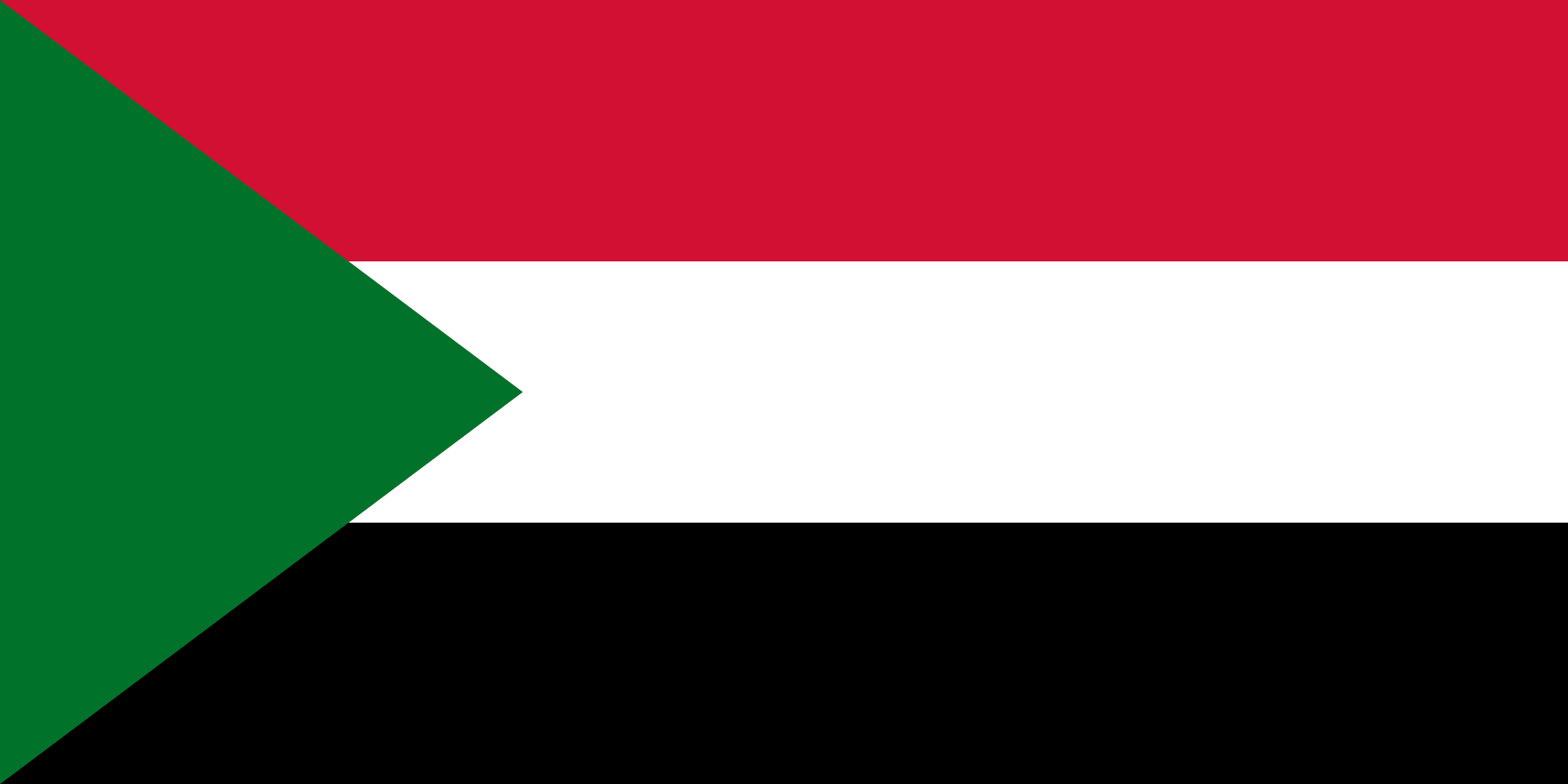The United Nations (UN) Human Rights Council took an important step today by adopting a resolution on the human rights impact of Sudan’s conflict. The Council met in a special (emergency) session convened at the request of over 50 states, following a push by civil society. While this breaks the international deadlock on Sudan and sends an important political message, the Council and other UN and African bodies can and must do more to support the Sudanese people and its quest for justice, freedom, and peace, said DefendDefenders.
“Today’s resolution is the strongest the Council has adopted on Sudan in years,” said Hassan Shire, Executive Director, DefendDefenders. “Yet, it remains below what is objectively needed, namely an investigative mechanism that exposes and holds accountable those responsible for inflicting this misery on the Sudanese people.”
Resolution S-36/1 condemns human rights violations committed in relation to the 25 October 2021 military takeover and the conflict that broke out on 15 April 2023. These include the killing of civilians, sexual violence, displacement, and destruction of property. The resolution expresses alarm at the escalation of violence and at the dire humanitarian situation.
As other international and African bodies are yet to take decisive action, the Council’s call for an immediate ceasefire and for human rights, justice, and accountability to be central to any solution to the crisis is critical. The UN Security Council has so far failed to issue any resolution or statement on the crisis, while mediation efforts by the African Union (AU), the Intergovernmental Authority on Development (IGAD), and the League of Arab States remain unsuccessful.
The Council’s resolution enhances the monitoring and reporting mandates given to the UN High Commissioner for Human Rights and to his designated Expert on human rights in Sudan. It also provides for additional public debates on Sudan.
“A ceasefire, delivery of aid, the restoration of medical care and the establishment of humanitarian corridors are absolute priorities,” said Estella Kabachwezi, Advocacy, Research and Communications Manager, DefendDefenders. “But the Human Rights Council has a role to play, both in warning perpetrators that they are being watched and preventing further violations and in complementing diplomatic efforts to bring this tragedy to an end.”
In a letter that followed years of advocacy on Sudan, 100 civil society groups urged the Council to establish an investigative and accountability mechanism to address, among others, the root causes of the conflict. These include the systemic human rights violations associated with the 30 years of the Al-Bashir dictatorship (1989-2019). The violations committed since the Sudanese people’s peaceful popular revolution of 2018-2019, including during the “Khartoum massacre” of 3 June 2019, and violence in other cities and regions, as well as the 25 October 2021 coup, are direct consequences of the impunity military and security forces enjoy.
“We will continue to push states to take stronger action on Sudan,” said Nicolas Agostini, DefendDefenders’ Representative to the UN. “All options should be on the table, including a full-fledged commission of inquiry with collection and preservation of evidence functions and the UN General Assembly suspending Sudan’s membership rights in the Human Rights Council.”
The Council will hold its 53rd regular session (HRC53) from 19 June-14 July 2023. It will consider a report and hold a debate on Sudan with the participation of various stakeholders, including civil society.
For more information, please contact:
Nicolas Agostini
Representative to the United Nations for DefendDefenders
[email protected] or +41 79 813 49 91 (English, French)
Read DefendDefenders’ oral statement to the UN Human Rights Council, delivered by Hassan Shire via video message on 11 May 2023

